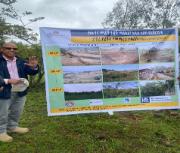
Drs Bukho Gusha and Matthew Weaver traveled to Ethiopia to support the Addis Ababa University and Water and Land Research Centre (WLRC) in facilitating an adaptive planning process with stakeholders from two learning watersheds in the Amare Region. The engagement was hosted over two days and formed part of the ARUA Resilient Benefits Project. On the first day, farmers, watershed management officials and religious leaders participated in a watershed learning exchange. The exchange was facilitated by the WLRC.
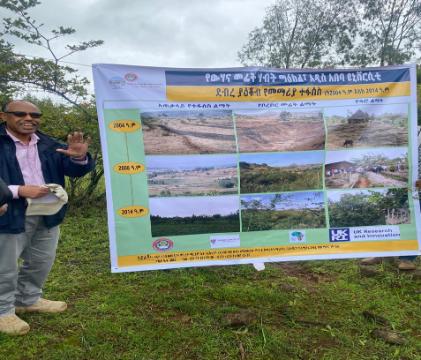
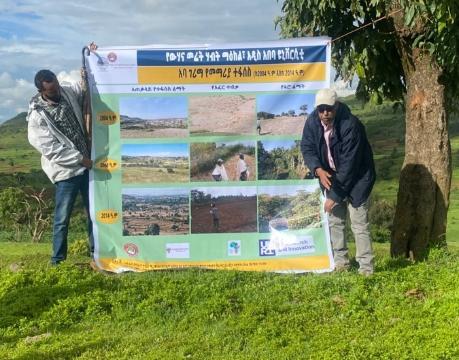
Figure 1: Dr Amare from WLRC showing the pictures of the progress in the two Watershed Management development to farmers during the learning exchange. Left is Debre Yakob and right is the Aba Gerima watersheds.
The WLRC has pioneered evidenced-based participatory landscape restoration and livelihood development praxis since 2011. Participants proudly shared stories of how they implemented restoration activities that over time, saw their landscape transform from a degraded state to a productive landscape. They showed before and after images showing the success of restoration activities. It was moving to see the farmers smile with pride as they were reminded of where they came from and how the success of the implemented rehabilitation strategies.
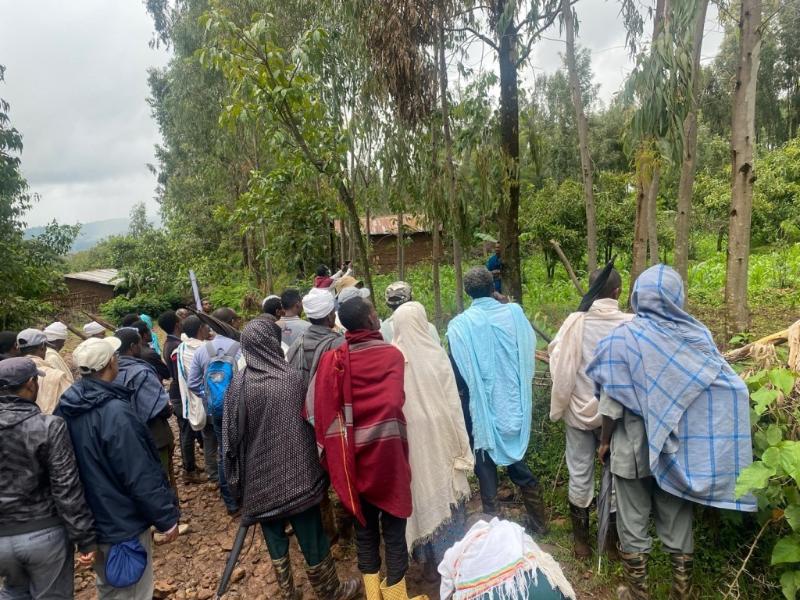
Figure 2: A Debre Yakob watershed farmer telling other farmers about his vegetable and fruit produce in his homestead garden.
Two different catchments had different success rates. In Aba Gerima, restoration activities and sustainable watershed management had lapsed slightly due to poor management and land use practices. Unchecked free grazing of livestock in areas marked as grazing exclusion zones as well as poor support and integration between local governance officials being the main issues. Stakeholders discussed ways of overcoming challenges based on their experiences.
Following the learning exchange, the second day was designed for the Adaptive Planning Process workshop where additional government officials were also present. The workshop took place at Benmas Hotel in Bahir Dar. Facilitated in Amharic language, the workshop yielded positive engagement where farmers, religious leaders, government officials and academics shared experiences, listened, and learnt from one another as they engaged in collective vision and objective setting. Dr Bikila from Addis Ababa University led the facilitation, supported by colleagues from the WLRC and the Institute for Water Research. The workshop ended with 15 actionable objectives where stakeholders were given an assignment to go and work on how they would like to achieve these objectives. These actionable objectives will be further developed and taken forward in a follow-up workshop later in the year.
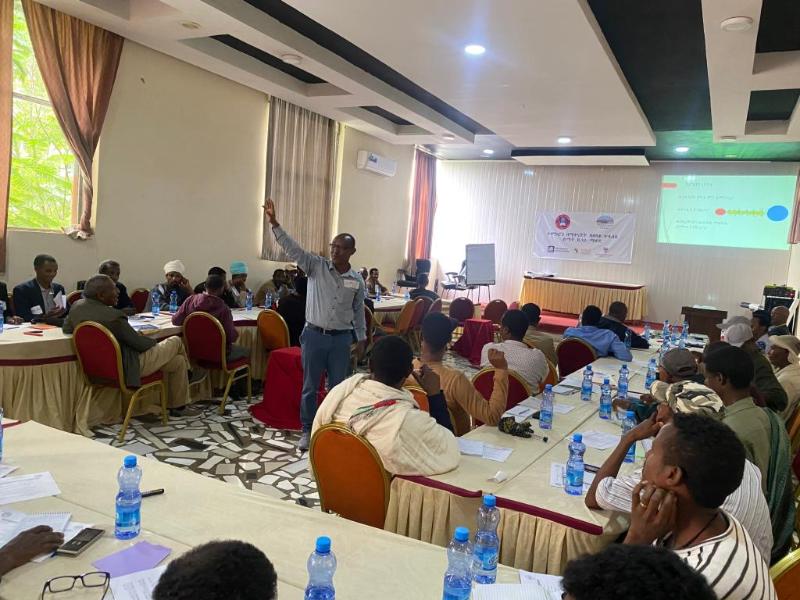
Figure 3: Dr Bikila introducing the purpose of the Adaptive Planning Process Workshop at Benmas Hotel, Bahir Dar.
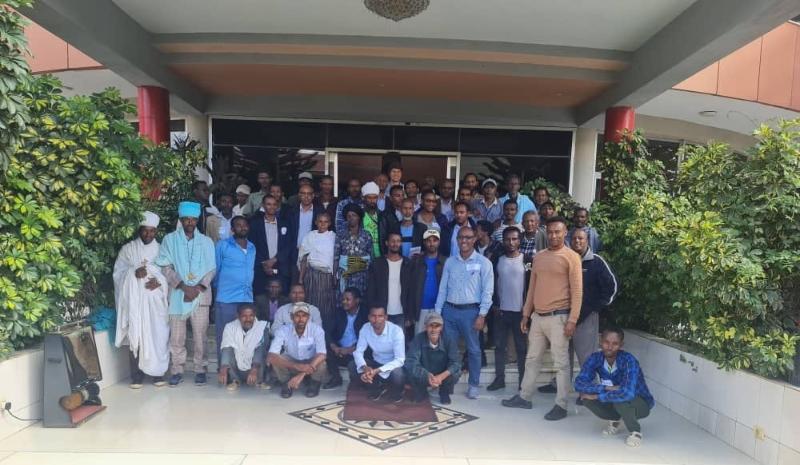
Figure 4: Participants of the Adaptive Planning Process workshop hosted at the Benmas Hotel in Bahir Dar.
